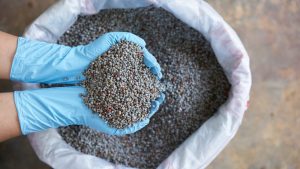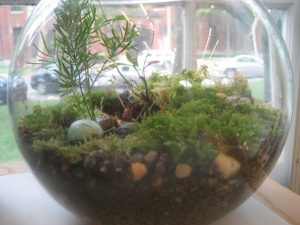Last Updated on November 20, 2020 by teamobn
While insects pop into the minds of many when they hear the words “garden pest,” rats are a true scourge in many gardens. Rats will fatten themselves on seeds, vegetables, bulbs, nuts, fruit, and – if you are very lucky – even flowers in your garden.
If you find a pile of nibbled leaves and wood chips in the toolshed, it’s a good indication that a rat has been living there. Rats also love bird seeds – they will chew through the plastic container and devour the entire pile.
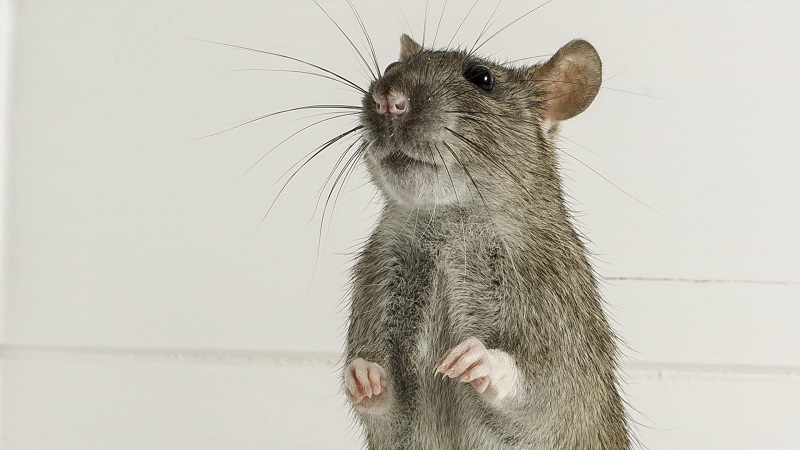
How to Deter Rats in Your Garden
Contents
- 1 How to Deter Rats in Your Garden
- 1.1 1. Remove or disrupt rat nests and shelters.
- 1.2 2. Eliminate easy food sources.
- 1.3 3. Bury food scraps in your compost pile.
- 1.4 4. Don’t add food waste to your compost pile.
- 1.5 5. Control grubs in your lawn.
- 1.6 6. Grow a rat-repellent plant border.
- 1.7 7. Seal holes in sheds and outbuildings.
- 1.8 8. Keep a clean garden.
You cannot rid your garden or backyard of these creatures completely without using pest control methods that will harm your plants. Rats are descended from a long line of rodents that appeared soon after the extinction of the dinosaurs. Revolting and disease-ridden as they are, rats are excellent survivors.
Rats also are part of the food web. Hawks, owls, and foxes would go hungry without them. But you should do your best to discourage them from your garden, nevertheless. Below are few tips to help you keep the cunning vermin from overrunning your garden.
1. Remove or disrupt rat nests and shelters.
Rats and mice often build nests in brush piles, woodpiles, and tall grass. Keep grass cut throughout the gardening season. If you have spent plants you don’t want in your compost bin, do not pile them near your garden. Bag them and put them in the trash right away. Move woodpiles around from time to time to prevent rodents from nesting in them.
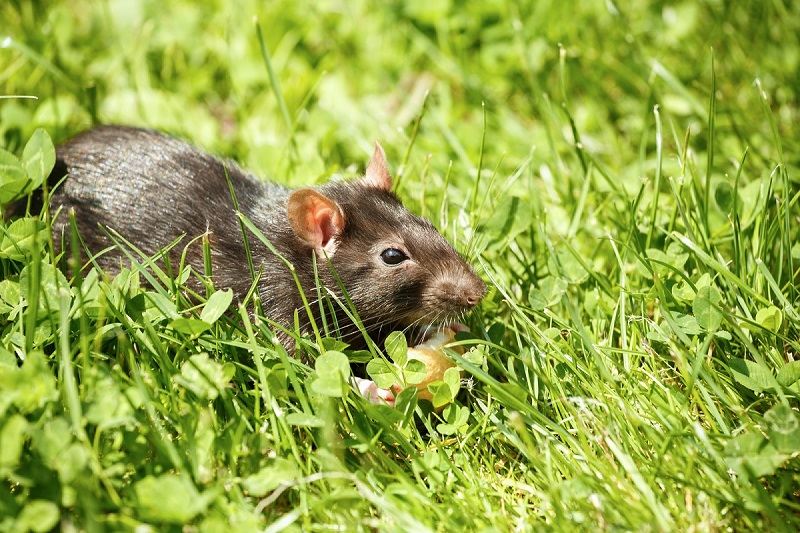
2. Eliminate easy food sources.
If your bird feeders are attracting rats, you may need to take them down for a few weeks. Store the feeders away just long enough to make the rodents understand that you are no longer serving free lunch. Once you do restore your bird feeders, make sure you don’t spill any bird seeds when you fill them. Store the seeds in metal bins that rats cannot chew through.
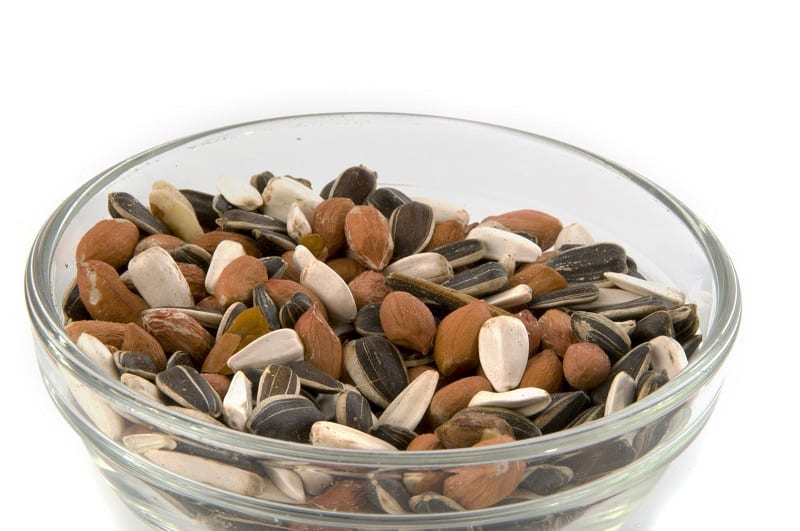
3. Bury food scraps in your compost pile.
Rats are usually drawn to compost piles because they are easy sources of food. Rats are not vegetarian. Like many mammals, they need animal protein and fat in their diet. Whenever you add food scraps to the compost bin, dig a little hole in the pile and deposit your food waste deep inside. Cover it up again once you are done.
You can also layer a few inches of grass clippings or leaves on top of any food scraps you add to your compost heap. Moisten and turn the pile regularly to discourage rats from building nests in your compost.
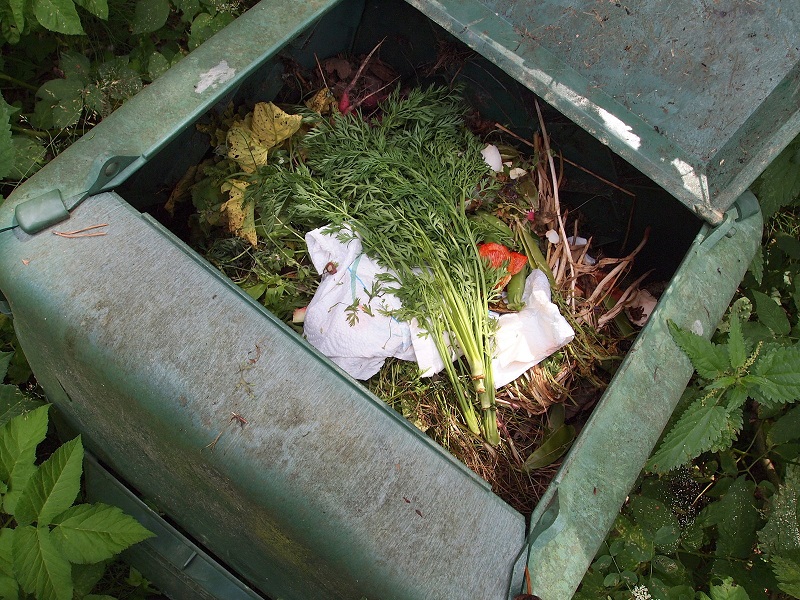
4. Don’t add food waste to your compost pile.
If – despite burying food scraps in your compost – rats continue to be a problem, consider foregoing food scraps in your compost pile altogether. Rats will survive on vegetables and fruits for a while, but they will eventually move on to a garden that meets their animal protein needs. A compost pile with only garden scraps will not sustain a rat colony.
That does not mean you should waste valuable food scraps. You can establish a vermicomposting bin for food waste or bury food scraps directly in the garden in compost trenches.
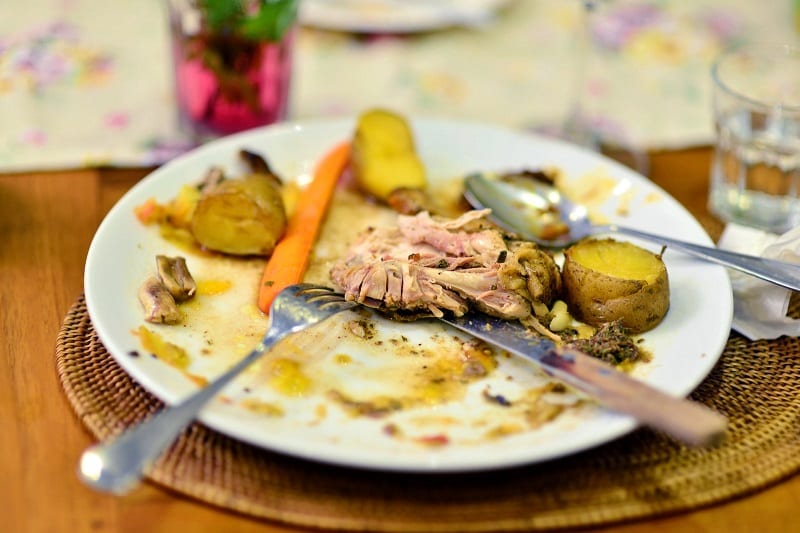
5. Control grubs in your lawn.
Grubs attract rats and other rodents like gophers and moles. Use milky spore or other treatments to kill lawn grubs. Milky spore, which is actually the bacterium Paenibacillus papillae, kills Japanese beetle larvae. By using milky spore, you will not only deny rats a valuable food source, you will also reduce the population of Japanese beetles in your garden.
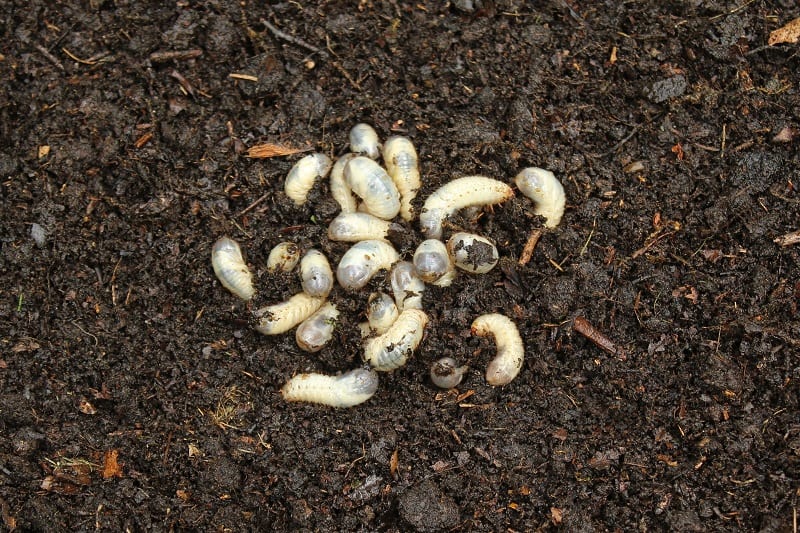
6. Grow a rat-repellent plant border.
Grow plants and herbs that deter rats. Most rats and mice are put off by strong herbal scents. They are especially averse to the smell of mint, basil, oregano, cayenne, echinacea, garlic, and thyme. The vermin also dislike daffodils, marigolds, and lavender. To keep the rodents away, plant a border of these herbs and flowers around the outside of your garden.
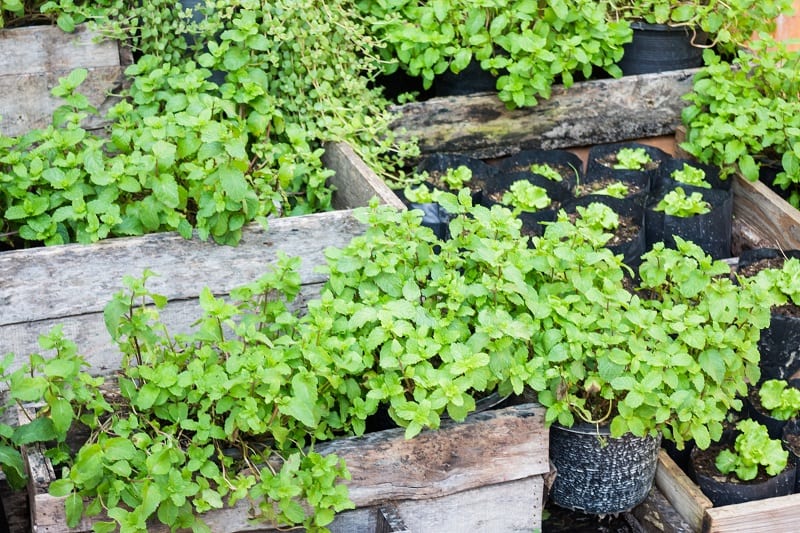
7. Seal holes in sheds and outbuildings.
Rats can squeeze through holes the size of a nickel. Mice can crawl through any aperture wide enough to accommodate a dime. That’s why it’s important to seal possible entrances into sheds, storage areas, and outbuildings. Closing off any holes in the walls, floors, and ceilings will prevent the rodents from finding a comfortable spot to overwinter. If possible, seal the holes with metal.
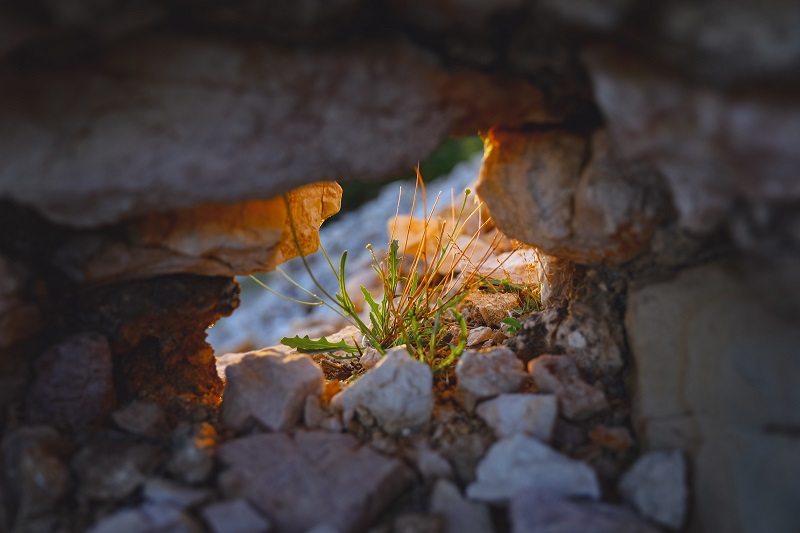
8. Keep a clean garden.
Tidy and clean gardens are less likely to attract rats. That’s because they provide less cover for the scurrying critters. Keep grass short, clear messy storage areas, remove any garbage and pet fecal matter, and reduce overgrown areas, especially near fences or garden buildings. If you keep garbage bins near the garden, be sure to clean them regularly.

Keeping a clean, well-ordered garden is probably the best way to discourage a full-scale rate infestation in your home and backyard.

